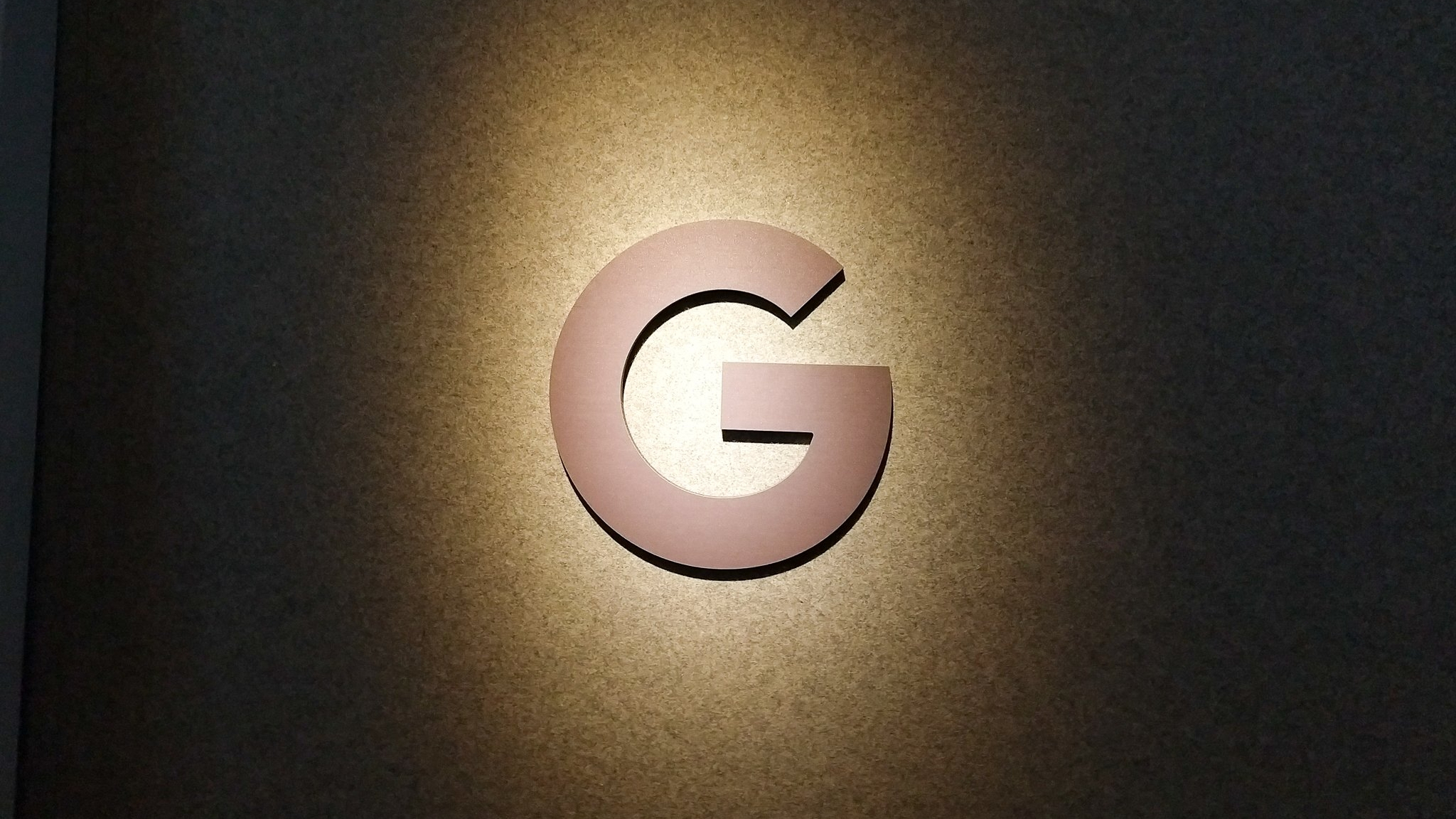
What you need to know
- Geoffrey Hinton is known for his pioneering work behind AI and neural networks.
- Dr. Hinton has announced that he has quit working at Google after a decade.
- In an interview, Dr. Hinton expressed his concerns about where AI is headed, particularly following the growth of generative AI.
Geoffrey Hinton, one of the pioneers of AI, has left Google after a decade of working with the company. In an interview with The New York Times, Dr. Hinton explains that he left the company in order to speak openly about the dangers of AI.
Known as a "Godfather of AI," Dr. Hinton's work has enabled machines to "see" objects. In 2018, he was awarded the Turing Award along with two others for their work in deep learning, which laid the groundwork for the AI capabilities we are witnessing today. However, despite the accomplishments and groundbreaking developments based on his research, Dr. Hinton says that part of him regrets his life's work.
"I console myself with the normal excuse: If I hadn't done it, somebody else would have," Hinton said during the interview, addressing the potential of AI to be used to spread misinformation. "It is hard to see how you can prevent the bad actors from using it for bad things." He notes how the growing use of AI to create fake content, consumers would "not be able to know what is true anymore."
Hinton worked at Google since 2013 as he continued his research, but he left the company because he wanted to be able to speak openly about the risks of AI. According to NYT, Dr. Hinton notified Google a month ago that he would be leaving and recently spoke with CEO Sundar Pichai.
In the NYT today, Cade Metz implies that I left Google so that I could criticize Google. Actually, I left so that I could talk about the dangers of AI without considering how this impacts Google. Google has acted very responsibly.May 1, 2023
With the current AI boom, aided by services like ChatGPT, some tech leaders have called for a slowdown as companies race to advance AI and put it in more things. Google has seemingly "rushed" to release its own AI chatbot, Bard, to compete with ChatGPT's growing popularity.
Bard uses a limited version of LaMDA, Google's large language model, but is still in a testing phase, although it's available to the public to try out. The company has stated that it plans to use the tech in Search and has recently combined its two AI teams into a single group to accelerate its work.
However, Dr. Hinton worries about the potential for AI to take over jobs and roles previously held by humans. He also worries that the capabilities of AI are surpassing that of the human brain in some ways, mainly driven by fierce competition between Microsoft and Google. "Look at how it was five years ago and how it is now. Take the difference and propagate it forwards. That's scary."







